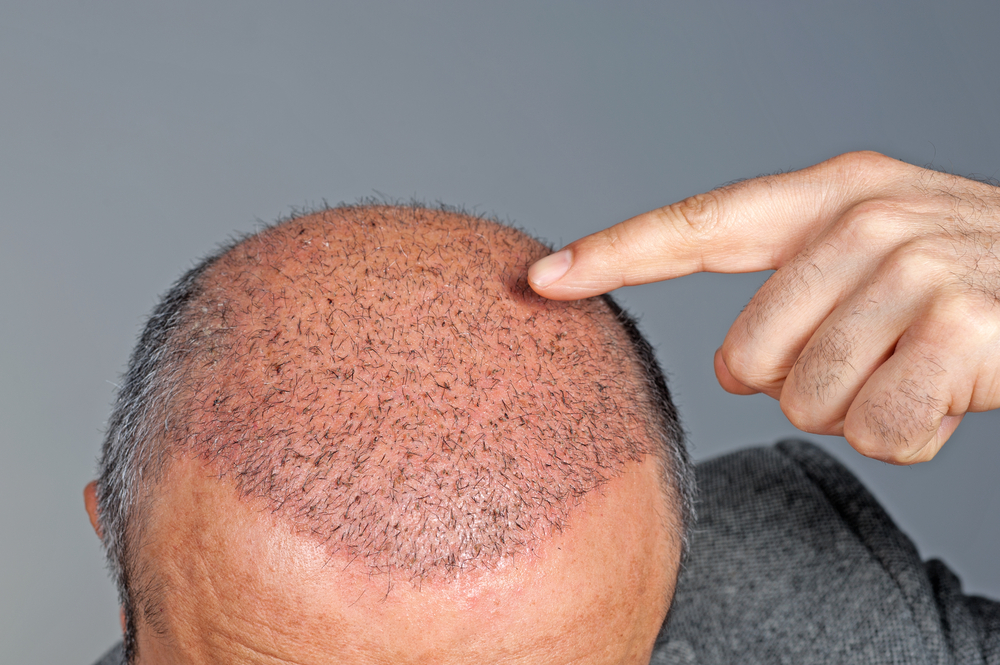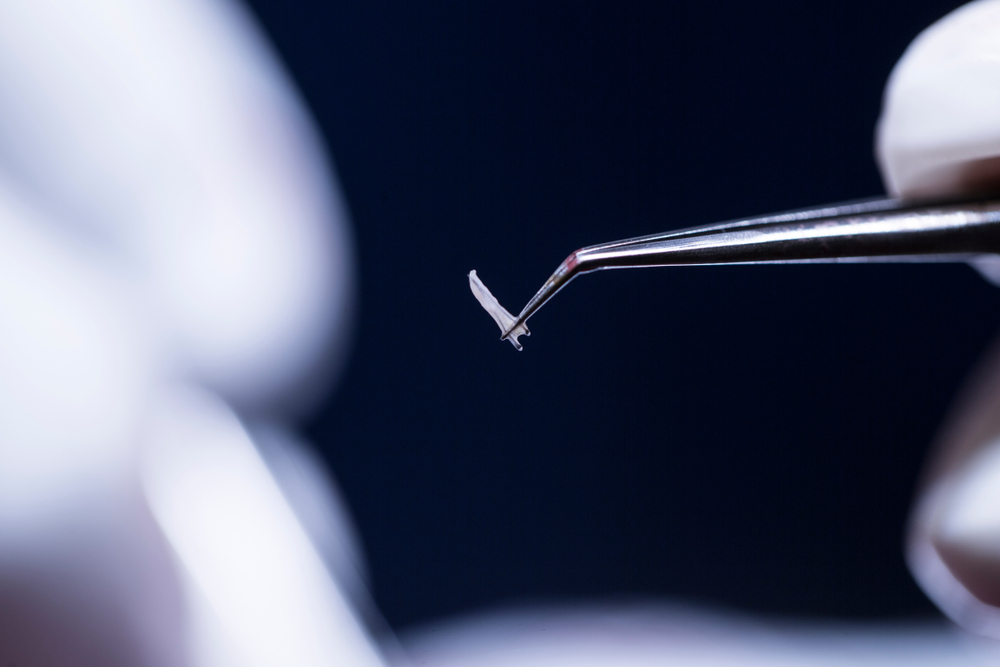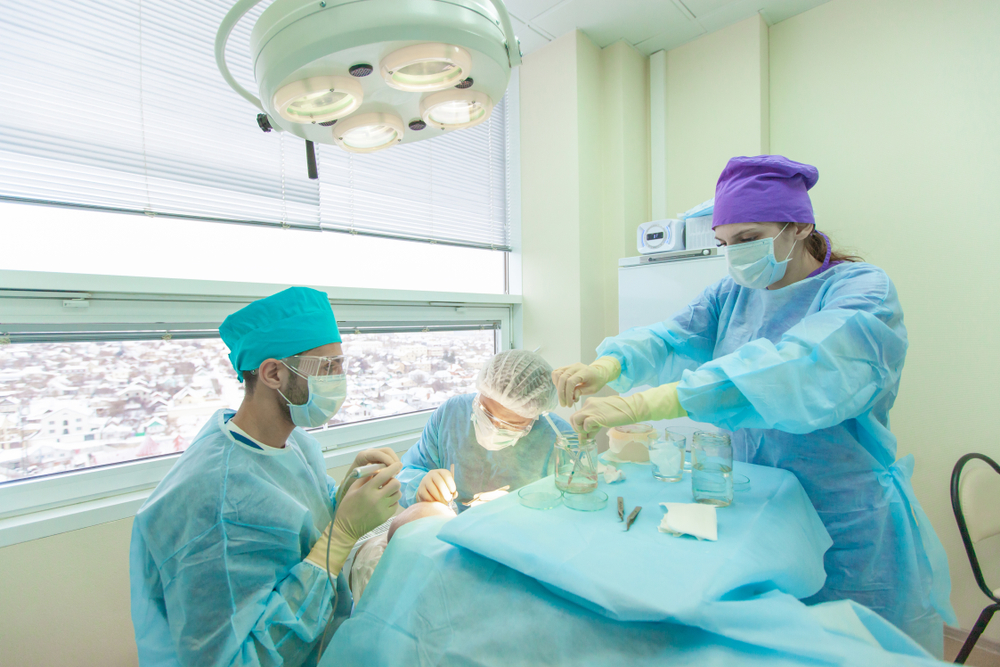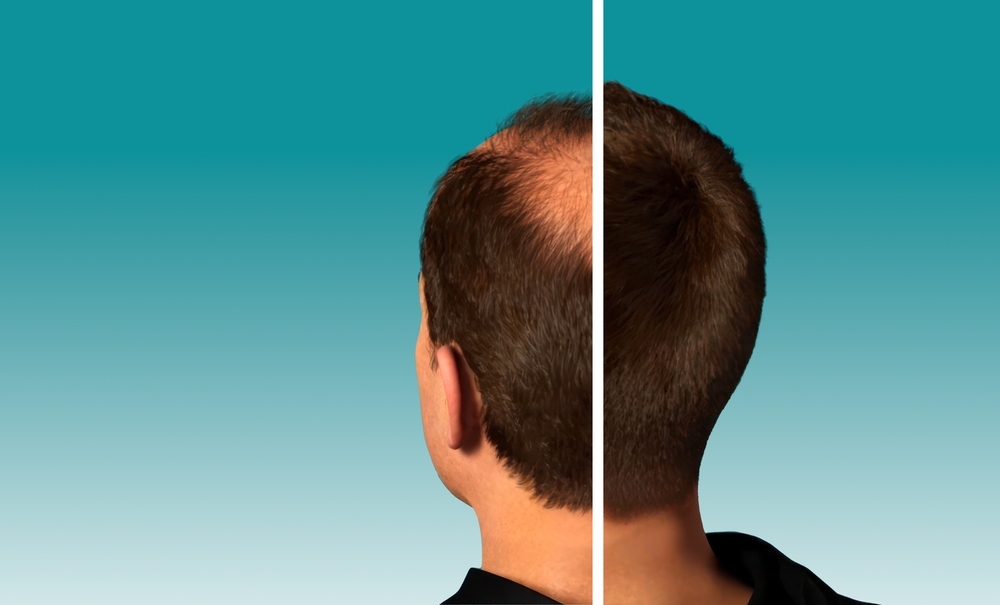When hair is transplanted through a procedure like a hair transplant, the hair follicles are usually taken from a donor area on your scalp, often the back or sides of the head, where hair is genetically resistant to the hormone dihydrotestosterone (DHT) which is responsible for male pattern baldness. These donor hairs are then implanted into the balding or thinning areas of the scalp.
There are several reasons why transplanted hair typically does not fall out…
- Genetic Resistance – The hair follicles taken from the donor area are genetically programmed to be less sensitive to DHT, which is a hormone linked to hair loss in individuals with male pattern baldness. This means that the transplanted hair is less likely to be affected by the same factors that caused the original hair to fall out.
- Permanent Nature of Donor Hair – The hair follicles taken from the donor area are chosen specifically because they are less prone to hair loss. These follicles retain their resistance to DHT even after being transplanted, making the new hair resistant to the underlying causes of hair loss.
- Surgical Precision – Hair transplant procedures involve careful extraction and transplantation of your hair follicles. This precision helps ensure that the transplanted follicles are less likely to be damaged during the process, increasing their chances of survival and growth.
- Post-Transplant Care – Proper post-operative care and maintenance are essential for the success of a hair transplant. You are typically instructed to avoid activities that might disrupt the grafts, follow a specific aftercare regimen, and take medications if prescribed by your surgeon to promote healing and growth.
While transplanted hair is resistant to DHT and less likely to fall out, other factors such as aging, illness, or poor graft care can still affect the appearance and health of the transplanted hair over time. A well-performed hair transplant procedure can provide long-lasting and natural-looking results for individuals experiencing hair loss. Consulting with a qualified hair transplant specialist is crucial to determine if you are a suitable candidate for the procedure and to receive personalized advice on your specific situation.





